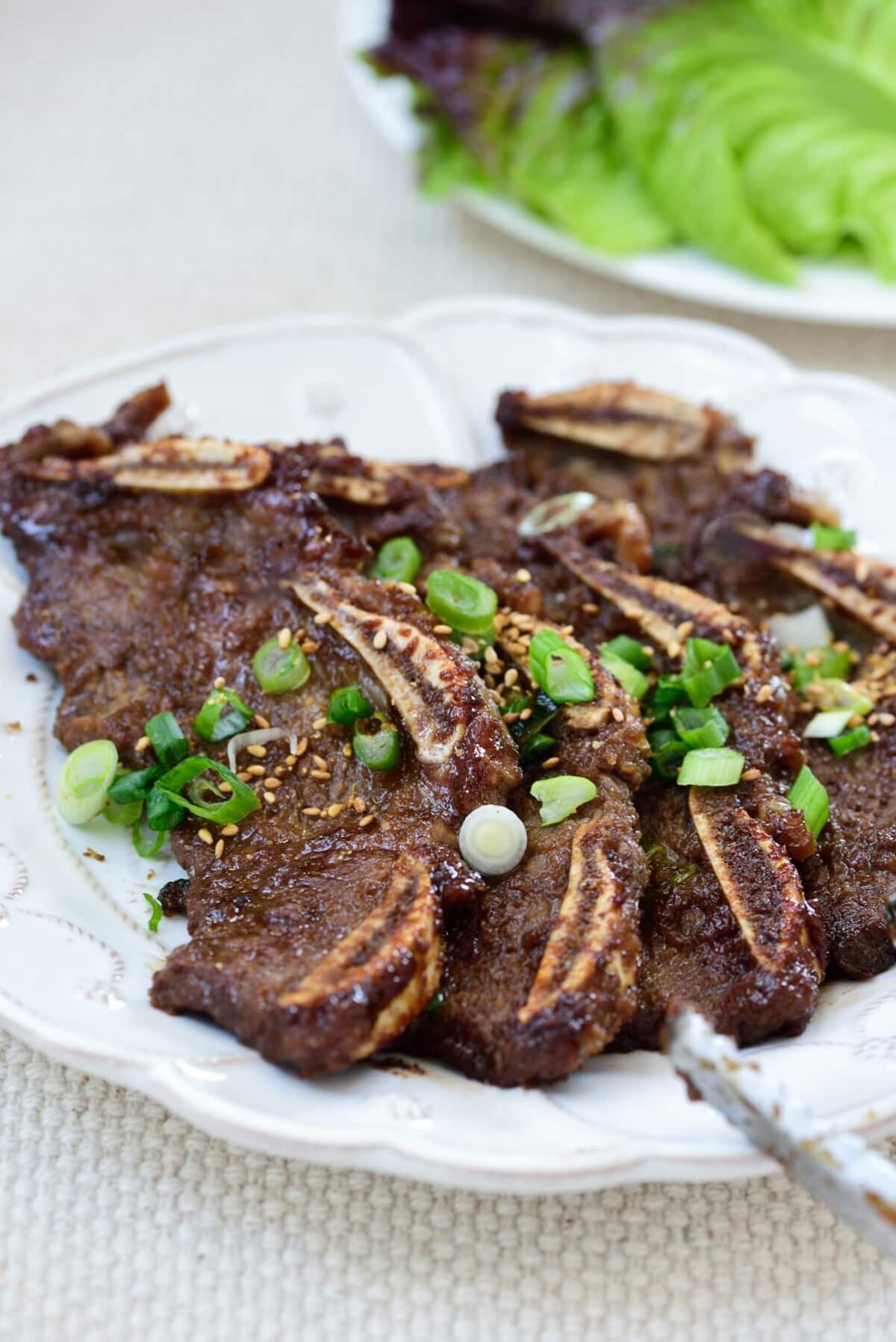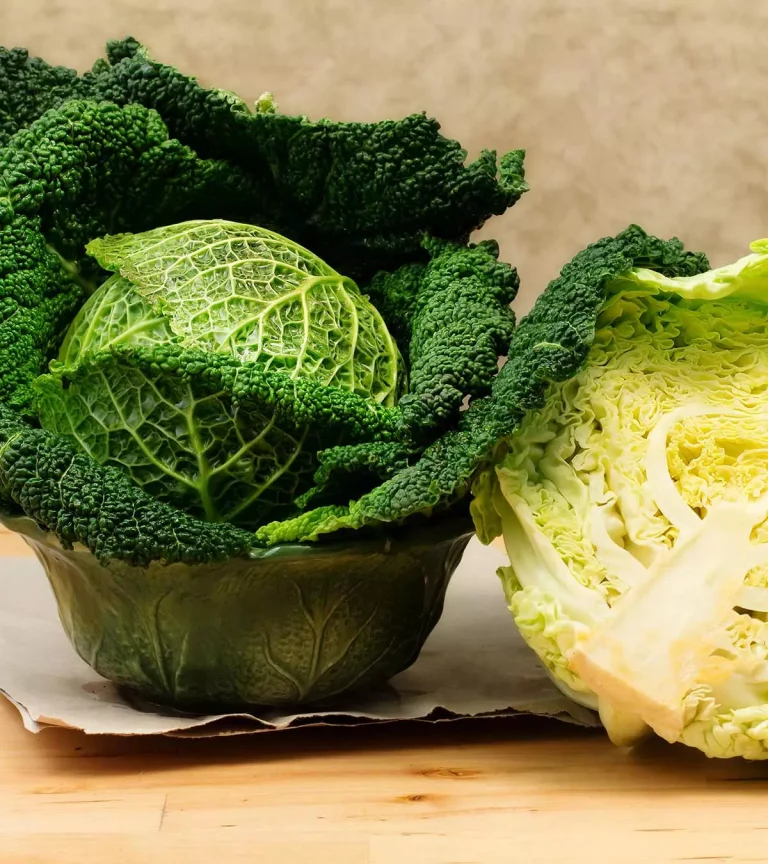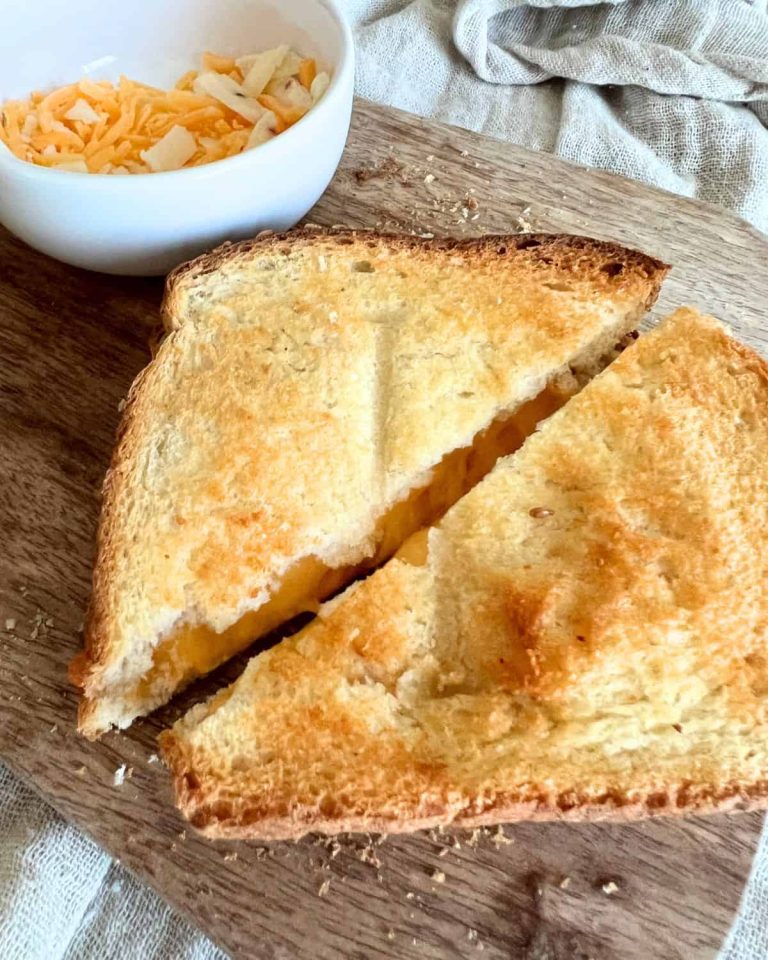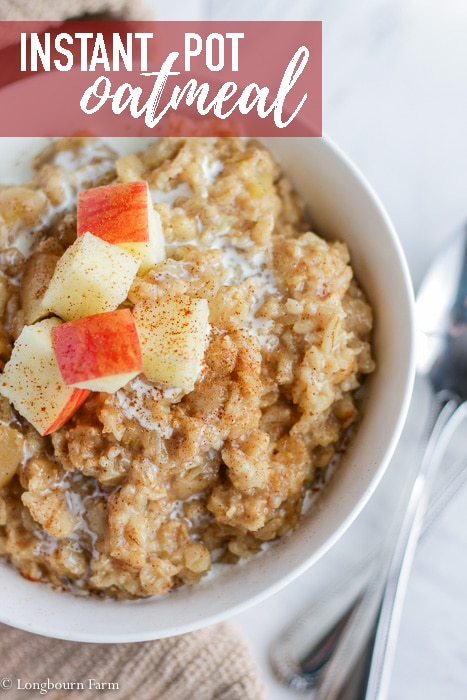Kalbi Korean BBQ Short Ribs: Your Ultimate Guide to Flavorful, Savory, and Sweet Grilling
Kalbi, also known as Korean BBQ short ribs, holds a special place in Korean culinary history. Tracing its roots to traditional Korean households, Kalbi evolved from simple grilling techniques to a sophisticated cooking method. Korean royalty originally enjoyed this dish, reserving it for special occasions and celebrations. Kalbi remains a staple at Korean gatherings, symbolizing hospitality and communal bonding through shared meals. The cultural significance of Kalbi is evident during holidays like Chuseok, where families prepare and enjoy this dish together.
Key Ingredients in Traditional Kalbi Marinade
Kalbi’s flavor profile comes from its rich marinade. The key ingredients include soy sauce, sugar, garlic, and sesame oil. Soy sauce brings umami and saltiness, balancing the sweetness from sugar. Garlic adds depth and aromatic intensity. Sesame oil provides a nutty flavor, enhancing the overall taste. Other common ingredients are green onions, pear or apple purees, and rice wine. Green onions add freshness, while fruit purees tenderize the meat. Rice wine contributes subtle acidity, complementing the marinade’s complexity.
The Cooking Process of Kalbi
Preparing the Meat
To start the Kalbi cooking process, it’s essential to select high-quality short ribs. Look for ribs with good marbling, as this fat content ensures tenderness and flavor. Korean-style short ribs (galbi cut, flanken cut) are typically thinly sliced across the bone.
Begin by soaking the ribs in cold water for 30 minutes to remove any bone fragments and excess blood. Drain and pat the ribs dry with paper towels. Place them in a resealable bag or a large container. Prepare a marinade using ingredients like soy sauce, sugar, garlic, sesame oil, green onions, fruit purees, and rice wine. Pour the marinade over the ribs, ensuring every piece is well-coated. Refrigerate for at least 4 hours or overnight for maximum flavor absorption.
Grilling Techniques and Tips
Grilling Kalbi requires attention to grilling techniques to achieve perfect results. Preheat the grill to medium-high heat. Clean and oil the grates to prevent the ribs from sticking. Place the marinated ribs on the grill, allowing excess marinade to drain to avoid flare-ups.
Grill the ribs for 3-4 minutes per side, flipping once, to achieve a deep caramelization. Watch for any charring and move the ribs to a cooler part of the grill if needed. Using tongs, press down gently on the ribs to ensure even cooking.
To enhance flavors, occasionally brush the ribs with leftover marinade or a reserved portion, keeping them moist. Once cooked, remove the ribs from the grill and let them rest for a few minutes. Slice into manageable pieces, serve, and enjoy.
Serving and Enjoying Kalbi
Traditional Accompaniments
Kalbi Korean BBQ short ribs are typically enjoyed with a variety of traditional Korean side dishes. Banchan, a series of small dishes, often includes kimchi, pickled vegetables, and seasoned seaweed. These sides balance the rich and savory flavor of the ribs, enhancing your overall dining experience.
Rice is a staple accompaniment. Steamed white rice helps to soak up the flavorful marinade, providing a neutral base that complements the robust taste of the Kalbi. A bowl of ssamjang, a seasoned soybean paste, often accompanies the meal for added depth of flavor.
Lettuce wraps are another traditional favorite. You can wrap a piece of Kalbi, along with some rice and banchan, in a large lettuce leaf. This method not only adds a fresh, crunchy texture but also makes the meal more interactive.
Modern Serving Ideas
Apart from traditional accompaniments, there are many modern ways to serve and enjoy Kalbi. Fusion dishes have gained popularity, combining Korean flavors with Western culinary techniques and ingredients.
Kalbi tacos offer a delightful twist on the classic dish. You can place marinated ribs, shredded cabbage, and a spicy aioli inside a soft tortilla. This blend of textures and flavors creates a fusion that appeals to diverse palates.
Kalbi sliders are another inventive option. Use small buns to create mini sandwiches with shredded Kalbi, pickled onions, and a drizzle of gochujang mayo. These sliders make for great appetizers at any gathering.
Salads featuring Kalbi can provide a healthier option. You can toss mixed greens with thinly sliced Kalbi, avocado, cherry tomatoes, and a sesame ginger dressing. This modern approach retains the essence of Kalbi while offering a light, refreshing meal.
Comparing Kalbi with Other BBQ Styles
Differences from Western BBQ
Kalbi Korean BBQ short ribs differ significantly from Western BBQ styles in both flavor and preparation. Kalbi employs a marinade of soy sauce, garlic, sugar, sesame oil, and pear, imparting a sweet and savory flavor profile. In contrast, Western BBQ often uses dry rubs or vinegar-based marinades, providing a smokier or tangier taste.
Western BBQ uses larger cuts like brisket or ribs cooked low and slow over indirect heat. Kalbi, however, uses thinly sliced short ribs grilled quickly over direct heat, achieving a charred exterior while retaining juiciness. Western BBQ focuses on the smoke from wood chips like hickory or mesquite, whereas Kalbi prioritizes the marinade’s depth of flavor and caramelization.
Similarities with Other Asian BBQ Techniques
Kalbi shares several similarities with other Asian BBQ techniques, including marinades and grilling methods. Like Yakiniku from Japan, Kalbi involves grilling small, tender meat cuts over high heat. Both cuisines use marinades that emphasize soy sauce and garlic, enhancing the meat’s natural flavors.
In Chinese BBQ, dishes such as Char Siu also feature a combination of sweet and savory marinades, similar to Kalbi. Filipino Inihaw uses marinades with soy sauce, citrus, and garlic, creating comparable flavor notes. Both Kalbi and these Asian BBQ styles aim to balance flavors, blending sweetness with umami elements to create a satisfying and rich taste experience.
Conclusion
Kalbi Korean BBQ short ribs offer a unique culinary experience that blends tradition with modern flavors. By selecting high-quality short ribs and mastering the marinade and grilling techniques, you’re set to create a dish that’s both savory and sweet. Comparing Kalbi to other BBQ styles and Asian techniques highlights its distinct flavor profile and cooking methods. Whether you’re enjoying it with traditional accompaniments or experimenting with fusion dishes like Kalbi tacos and sliders, this Korean BBQ staple is sure to impress. Dive into the world of Kalbi and elevate your BBQ game with this rich and flavorful dish.





